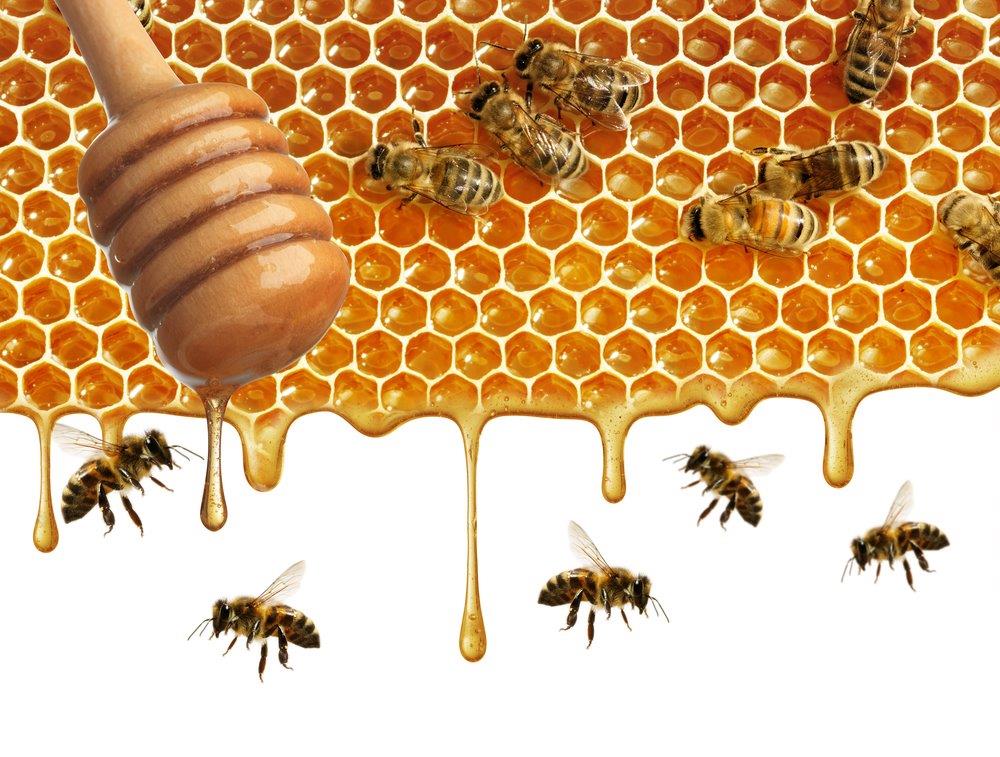Bees are the queens who make honey, and honey is a symbol of a sweet Jewish new year. To our readers, donors and friends – the whole team at Israel Between the Lines wishes you the sweetest, healthiest new year yet. From our family to yours, Shana Tova!

Bees Need Balanced Diet to Survive
It’s true bees are dying at substantially rapid rates due to poison and pesticides; however, similarly to humans, the starting point begins with a lack of balanced diet. The difference arises that while bees only eat pollen – and people eat basically everything. The similarities lie in both of our need for a balanced diet of Omega rich proteins, or fatty acids, particularly Omega-3 and Omega-6.
The Benjamin Triwaks Bee Research Center of Hebrew University has run many studies in regard to bees diet and nutritional aspects. They’ve uncovered that bees intuitively choose a balanced diet of pollen, which means if given the choice, they would choose to visit various wildflowers which host a selection of nutrients rich with Omega-3 and Omega-6 vitamins. However, with the death of many wildflowers, bees are not finding enough natural resources to eat healthy and so, like humans who don’t get the right nutrients, their immune systems weaken unable to fight disease, which in a bee’s case is poison and pesticides.
The team found that bees who eat balanced diets have stronger and smarter learning capacities. For bees who have an unhealthy balance of these Omega 3 and 6 acids, the bees can become cognitively deficient. This was proven when a student hosted a study, feeding colonies with various amounts of Omega-3 pollen. She tested the bees cognitive aptitude using a Pavlovian conditioned method based on salt or sugar water. The bees with high Omega-3 nutrients were 90% likely to revisit the sugar water after only 3 times. The ones who were fed poor Omega-3 nutrients were only 45% likely to learn.
Ultimately, this study proves that without the right nutrients means bees are also losing their natural inclination to eat a balanced meal. While the research team is working on ways to balance the unhealthy intake of fatty acids, they are also working to develop an artificial source for bees to balance their diets.
While this study is strictly bee-driven, the similarities between bees and humans and the need for balanced nutrients within their diets is intriguing. For human nature, Omega-6 and Omega-3 both play a crucial role in cognitive function – and since they are not produced in the body, are needed from other sources.
A healthy balance of these nutrients is 1 to 1; however, in the average human the intake is about 15 to 1. Omega-6 is found largely in corn byproducts, while Omega-3 are found more in nuts and fish. Based on such high imbalance, these cognitive deficiencies can also occur in humans with regard to dementia, depression and ADHD. For the humans looking for a balanced life, perhaps a good place to start is with your Omegas.







